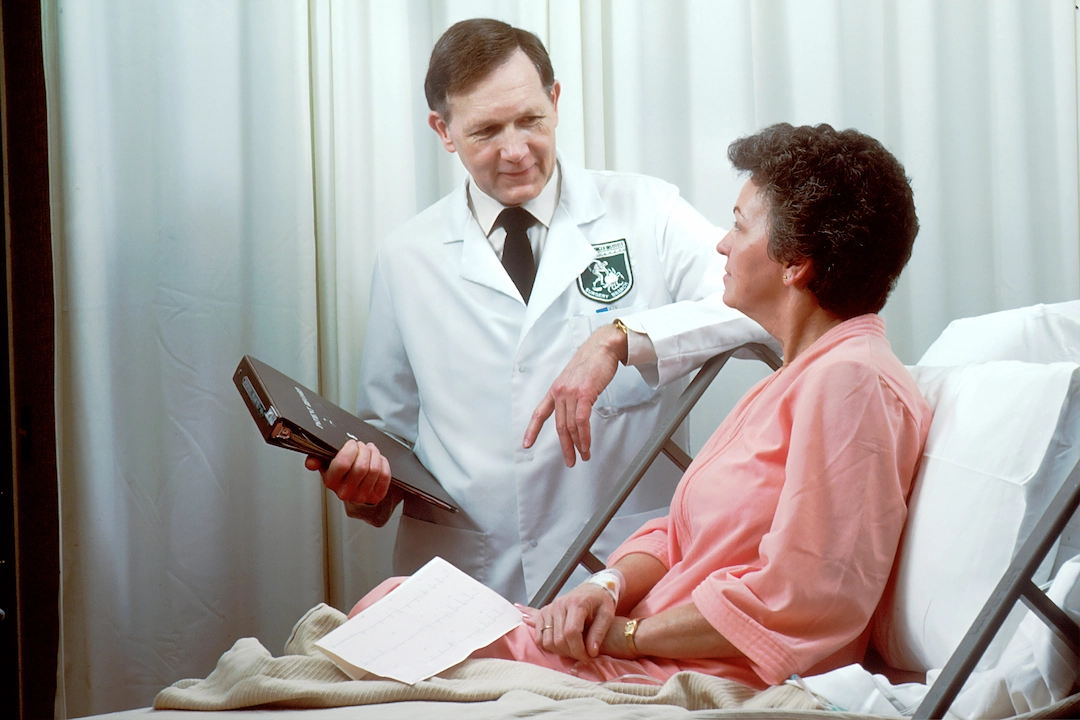In today’s fast-paced world, many healthcare providers wonder if they can use emails or text messaging to share information with their patients. While many practices want to send patient information quickly and easily, they must also ensure sensitive patient information is protected. Read on to learn more about ways to safely communicate with your patients in the digital era.
What is HIPAA, and how does it play a role?
If you work in healthcare or work with clients who require access to health data, you need to understand what protected health information (PHI) is and how to protect it under HIPAA law. The HIPAA Security Rule requires certain safeguards to ensure the confidentiality, integrity and availability of PHI, while the HIPAA Privacy Rule places limits on how PHI can be used or disclosed.
Both rules carry stiff penalties – even criminal consequences – for any violations, and you can’t simply claim ignorance of HIPAA law to defend yourself or your practice! While HIPAA rules don’t include specifics on the exact technology or safeguards to be implemented, they do require physical, technical and administrative safeguards. These include encryption software, firewalls, keeping physical records and/or electronic devices containing PHI secured, and controls to limit and monitor who can access or view any PHI.
Ensure you have end-to-end encryption
While email and texting are quick and easy ways to communicate electronically with patients, they need to be securely encrypted end to end to be HIPAA compliant. End-to-end encryption uses digital technology to ensure email and text messages can be accessed only by the intended recipient and the sender, both in transit and in storage.
To reduce the potential for human error, we strongly recommend encrypting all your practice’s email and text communications, not only those that contain PHI, as well as using the most current industry encryption standards.
Establish access and audit controls
Access and audit controls offer two additional layers of protection for PHI. Access controls require that employees can access only the minimum PHI necessary to fulfill a job function. For example, someone in billing can only access a patient’s financial information, while a nurse can only access a patient’s medical information. Access controls require unique login credentials for each employee, designating the proper level of access required to perform their job.
Meanwhile, audit controls enable you to monitor who accesses which information, as well as when they access it and for how long. This helps establish normal access patterns for specific individuals, helping identify any anomalies and detecting unauthorized access to PHI, reducing the risk of insider threats.
Check your retention requirements
Unfortunately, HIPAA rules on retention are a bit unclear. However, maintaining an archive is key, especially if patients or other individuals request any PHI disclosure information, or your practice ever faces any legal action.
HIPAA requires covered entities, such as healthcare organizations, to retain any security-related emails or emails related to changes in privacy policies for a period of six years. State laws may also require different retention periods. Check with your legal advisor and/or your service provider to ensure your practice fully complies with any state or HIPAA-related retention requirements.
Obtain patient consent for all electronic communications
While we all love texts and emails for convenience and efficiency, it’s essential to get written consent first, even if your service provider is HIPAA compliant. Patients must be advised of and agree to accept any risks to the confidentiality of information sent digitally, and they should have the option to choose which types of information they prefer to receive electronically.
Help keep your patient information secure
Patient privacy and confidentiality concerns are certain to increase, especially as technology continues to evolve. As our world becomes ever more digital, how can you ensure your patients their sensitive information is safe and secure? Trust Greyfinch. Our secure, HIPAA-compliant solutions enable you to safely send images, documents and more to your patients and external professionals and partners. Our HIPAA-compliant systems are easy to access, easy to read, and integrate seamlessly in one simple online platform that helps you manage and grow your practice.










